
Guests share their thoughts on clean energy and sustainable growth at the high-level forum on green development at the third Belt and Road Forum for International Cooperation in Beijing on Wednesday. (ZOU HONG/CHINA DAILY)
Senior officials and business executives have called for strengthened cooperation in order to deepen green development partnerships among countries and regions participating in the Belt and Road Initiative.
Chinese Vice-President Han Zheng said the country will continuously support green and low-carbon energy development in developing countries, enhance investment in green energy and foster technology cooperation.
He made the remarks at a high-level forum on green development during the third Belt and Road Forum for International Cooperation held in Beijing on Wednesday.
China will continue optimizing cooperative mechanisms and step up support for the further development of the BRI, he said, adding that the nation will encourage businesses to undertake more green and low-carbon collaborative projects.
Huang Runqiu, minister of ecology and environment, said China will focus on key areas such as green infrastructure, green energy and green finance, and conduct policy dialogues and share experiences to collectively work toward green and low-carbon development with economies participating in the BRI.
According to Huang, China has signed 46 climate change cooperation agreements with 39 developing countries, and will continue to respond to the genuine needs of these developing countries and further increase support for their efforts to combat climate change, continuing to contribute to global climate governance.
The government released three achievements at the green development forum, including the Beijing Initiative for Belt and Road Green Development, the Green Investment and Finance Project and the Action Plan for Green Technology Development in Central Asia.
The Beijing Initiative calls for strengthened cooperation in areas such as climate change mitigation, biodiversity management, pollution control, green infrastructure, green energy, green transportation and green finance, while the Green Investment and Finance Project aims to actively promote cooperation in green financing and investment.
Zou Ji, CEO and president of Energy Foundation China, said while China has made significant achievements in supporting the construction of renewable projects in countries participating in the BRI in the past decade, there still lies enormous potential for green development in the next decade.
While countries participating in the BRI face strong economic development needs, they may also encounter various challenges in renewable energy development and deployment, said Zou.
The forum on green development, jointly held by the Ministry of Ecology and Environment and the National Development and Reform Commission, attracted more than 400 guests from more than 40 countries.
An analyst said Chinese companies have been accelerating their pace in implementing more green and low-carbon projects abroad, cementing their leading position on the global stage.
From a wind power project in South Africa to a solar power project in Malaysia, a series of clean energy and green development projects have been successfully implemented by Chinese enterprises across the globe in recent years, said Luo Zuoxian, head of intelligence and research at the Sinopec Economics and Development Research Institute.
The projects have consolidated a foundation of green energy cooperation while responding to global challenges by aligning with international environmental conventions such as the United Nations 2030 Agenda for Sustainable Development and the UN Convention on Biological Diversity, he said.
State Power Investment Corporation said on Wednesday that the company owns 9 gigawatts of overseas installed capacity, with clean energy accounting for 65 percent. All of its 2.78 gigawatts of capacity under construction abroad are clean energy projects.
The company signed several cooperation agreements on wind power projects and green hydrogen projects with partners in Kazakhstan and Uzbekistan on Tuesday, expanding its global portfolio, which spans 47 countries and regions.








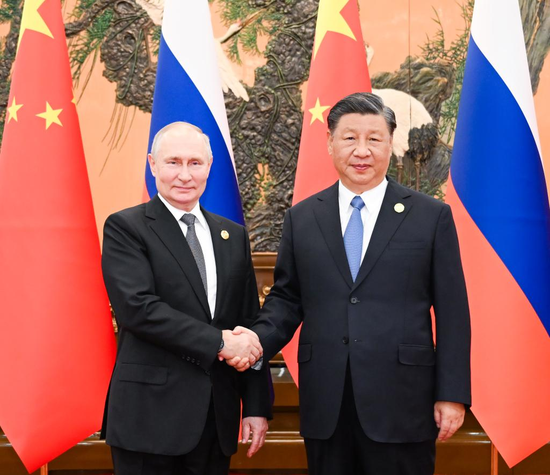
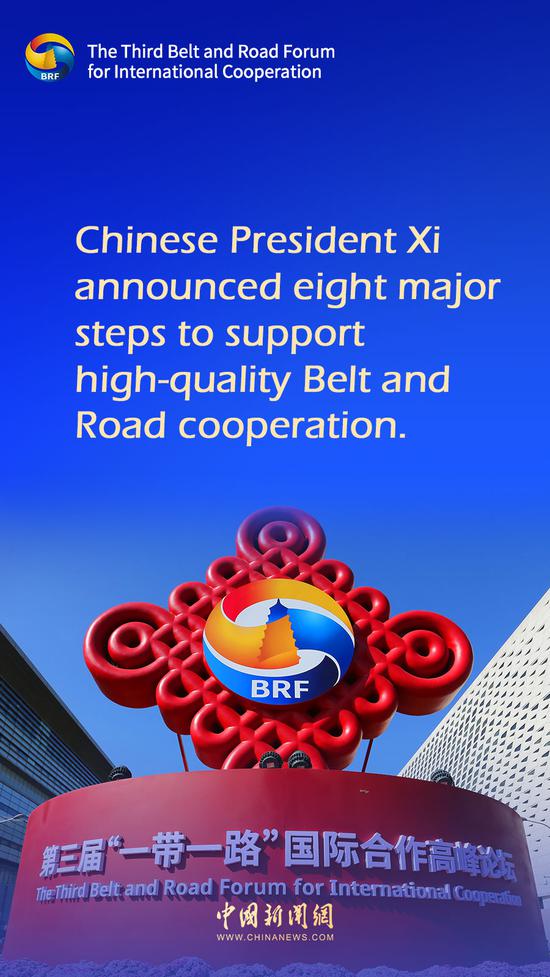
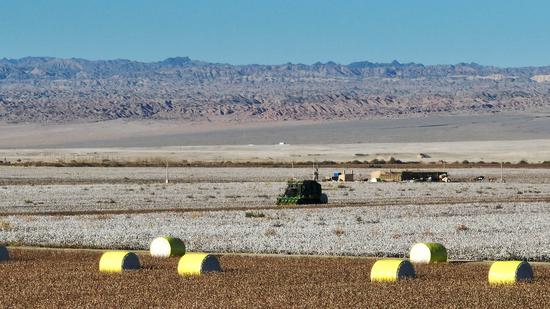
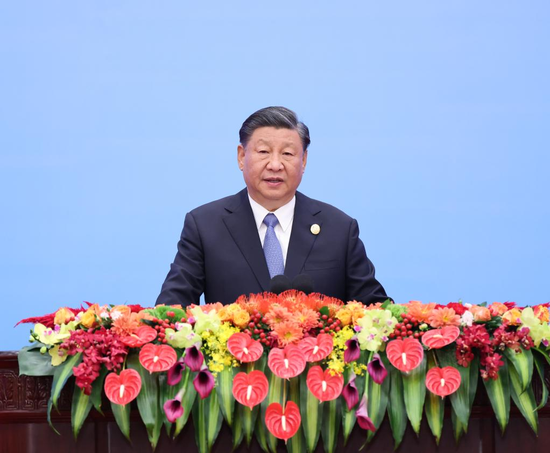
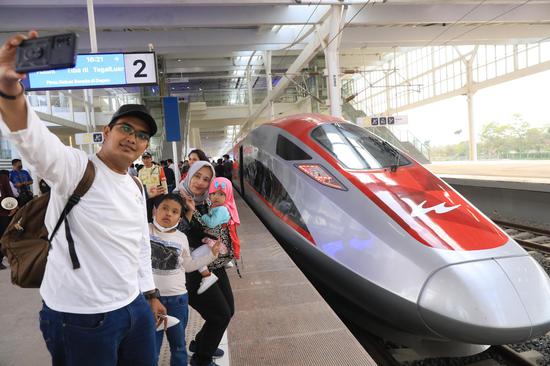


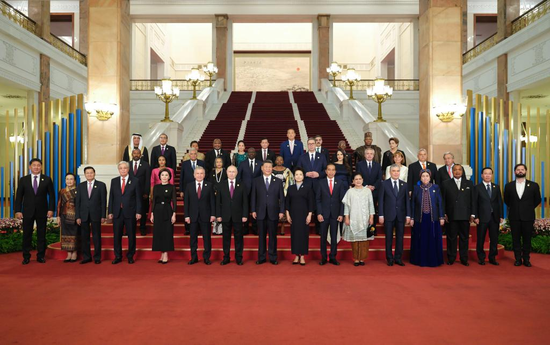
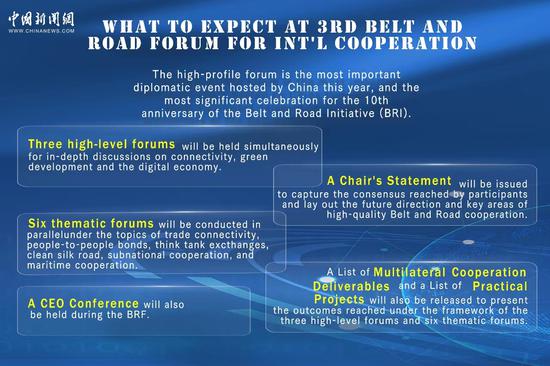

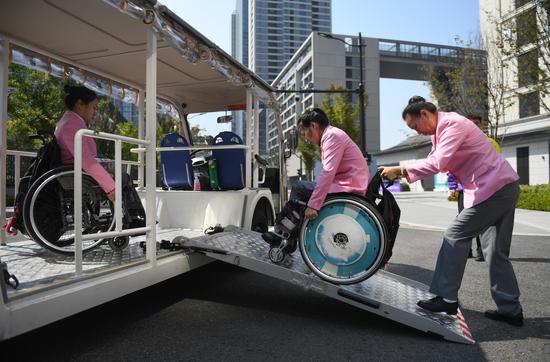




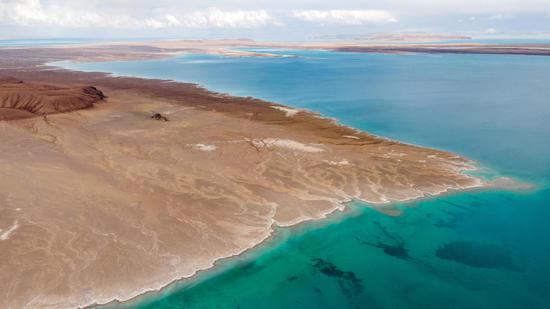


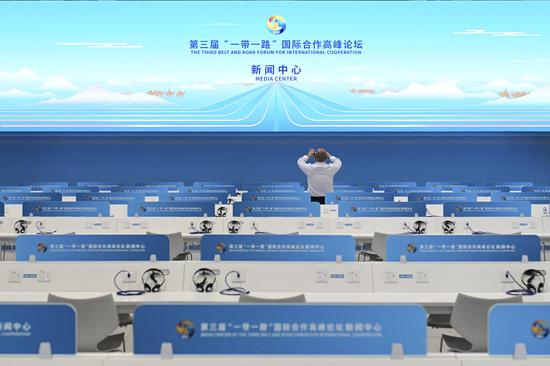
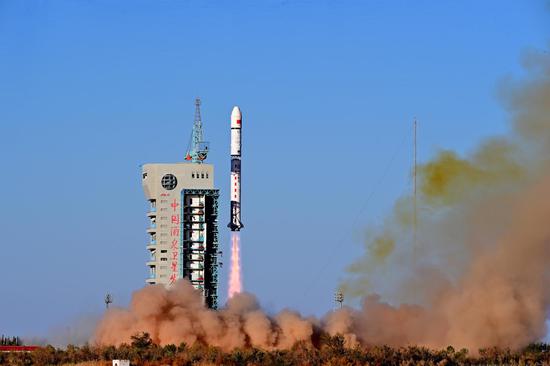
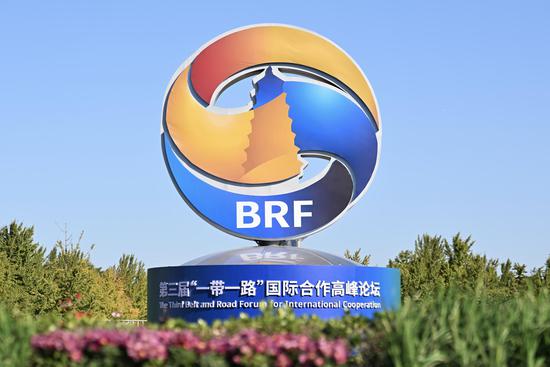
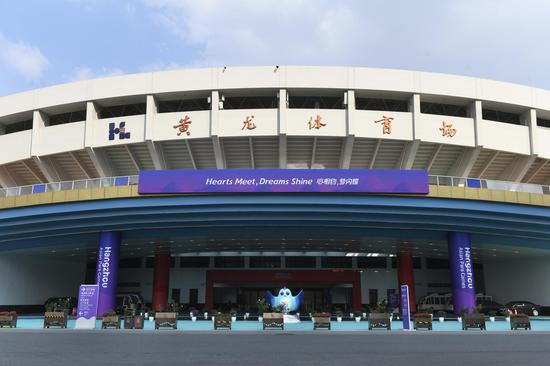
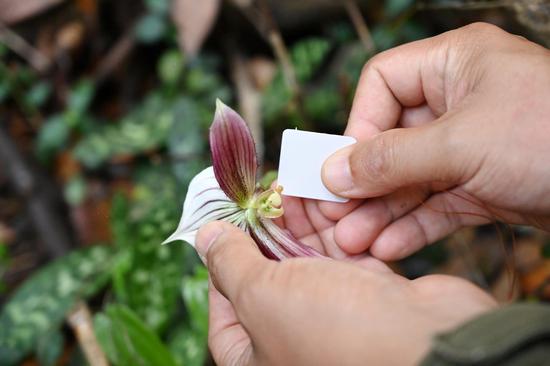

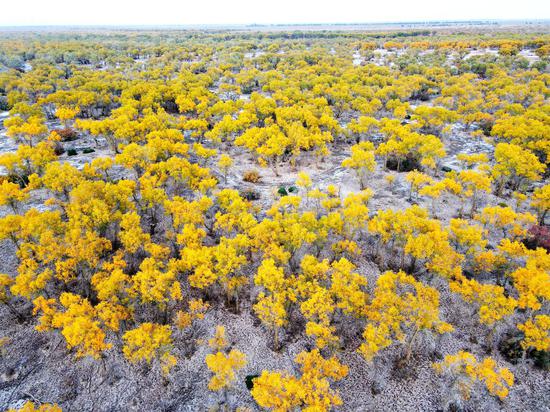
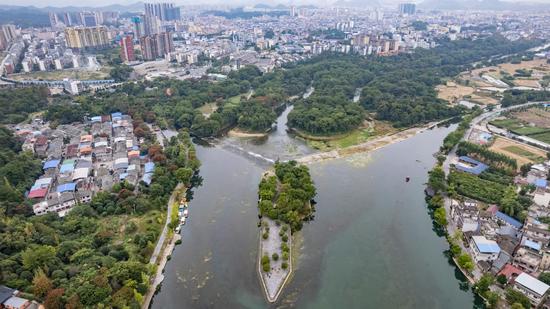
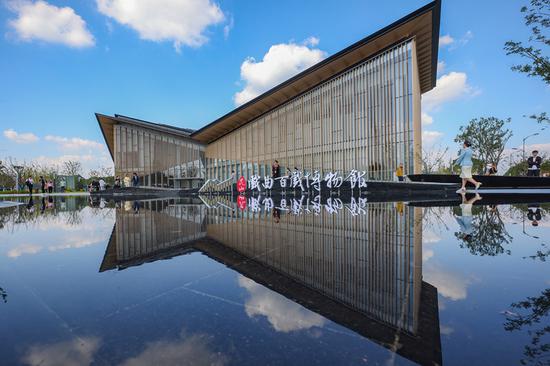
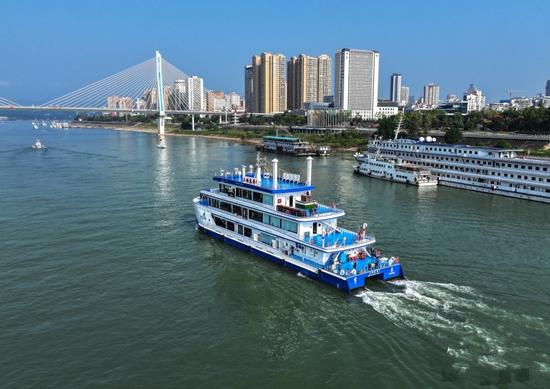
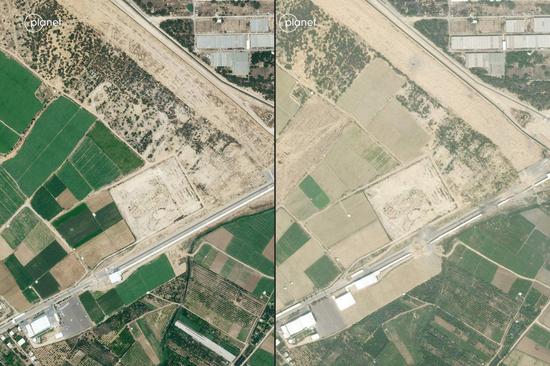

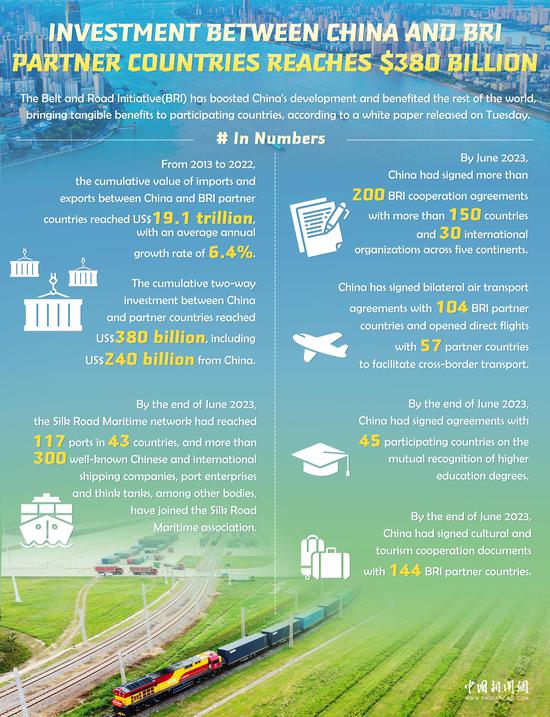

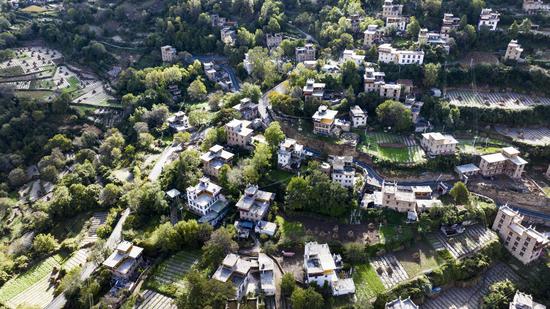

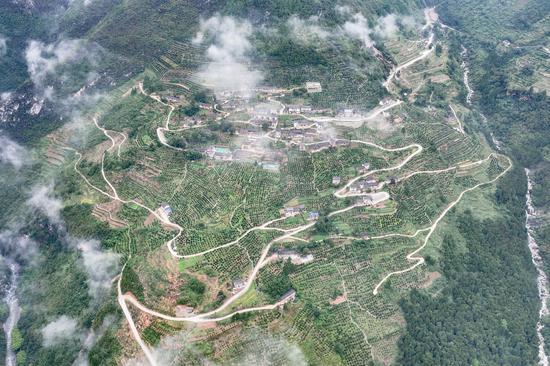







 京公网安备 11010202009201号
京公网安备 11010202009201号